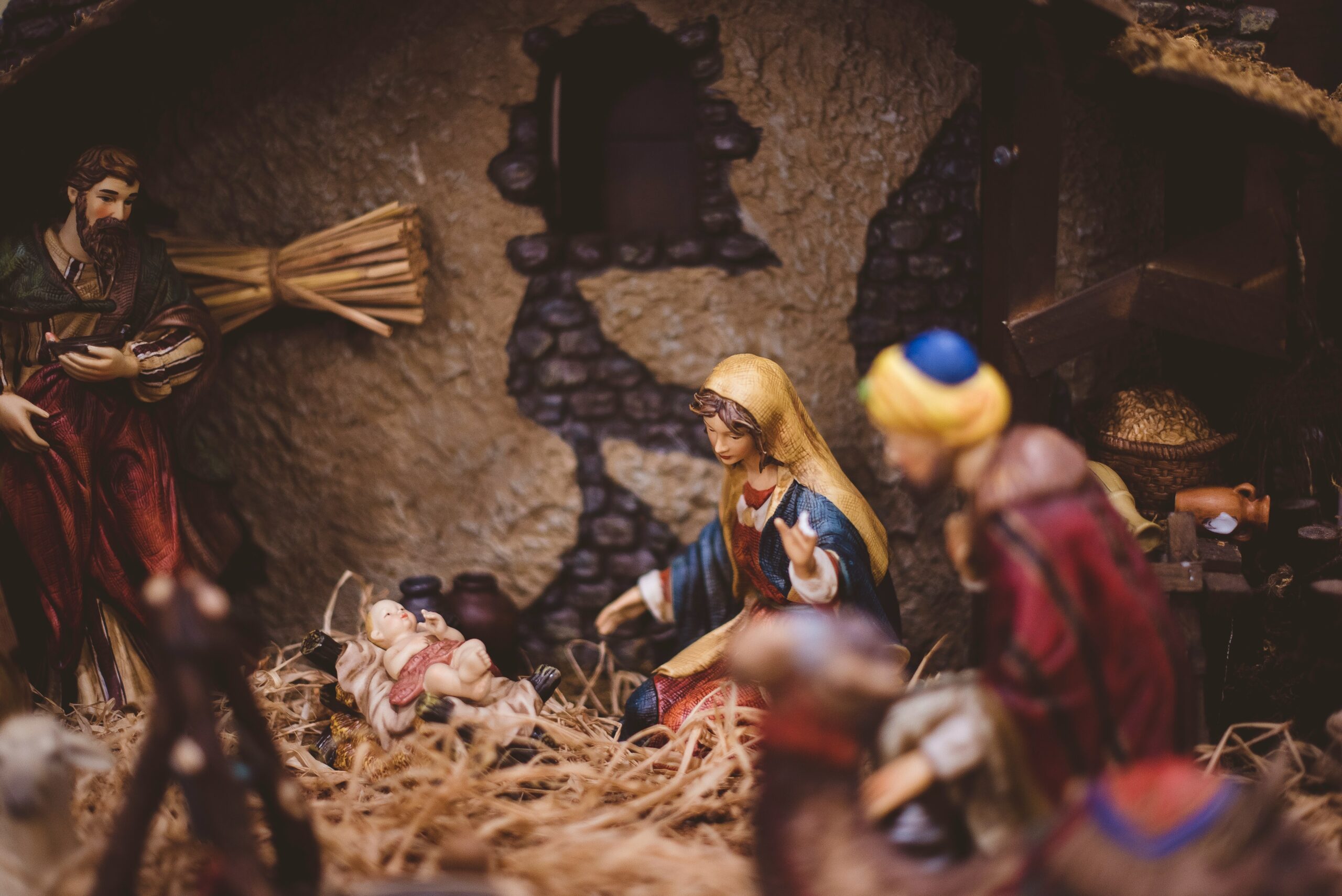The Scandal of Incarnation by Maxie Dunnam

How could Jesus be truly human and truly divine? That’s a question commonly asked. Theology calls it INCARNATION. In fact there is often talk of the Scandal of the Incarnation. After a little reflection, we may best put the question, not how but why did Jesus become both human and divine?
Let’s think about it.
Few men in the twentieth century seemed as immortal as Mao Tse-tung. Chairman Mao became the incarnation of a movement, a system of thought, and a revolution that affected 900,000 people. He lived to be eighty-three and was China’s leader for over three decades. It was difficult for even the most astute observer to imagine a China without Chairman Mao. Yet he died. An admirer wrote, shortly after Mao’s death: “He conceived of the Chinese Revolution, and then helped cause it to happen, and in the process, the thought of Chairman Mao became the primary thought of almost every Chinese. The word almost literally became flesh.”
Note the conditional word: almost; “the word almost literally became flesh.” The apostle John, writing of Jesus, said, “The Word became flesh.” No reservation, no conditional definition. And Paul wrote, “The light of the knowledge of the glory of God [shines] in the face of Jesus Christ” (2 Corinthians 4:6).
I was in China two years after Mao’s death. His likeness in pictures and statues was everywhere. The little red book of his quotations was still in all the bookstores. Chairman Mao will take his place in history with great shapers of national life, but the limitation is still there. When I was in China, the magnificent mausoleum they had built for Chairman Mao was closed. The official word was that it was closed for repair, but the informal word passed on among the guides was that it was a deliberate effort to diminish Mao’s presence in the minds and hearts of people; and that diminishing work goes even today.
In Mao, powerful man that he was, the word of Chinese commitment and dogma almost became flesh. But with Jesus, the Word of God’s creating and redeeming love became flesh and dwelt among us. We beheld his glory, “the glory as of the begotten of the Father… full of grace and truth” (John 1:14 KJV). This is the scandal of the Incarnation. It is a scandal because it proclaims that in Jesus–the baby born in a barn, this poor preacher and carpenter who Christians praise and affirm as the ultimate revelation of God is the key to the universe and all meaning.
Don’t get stuck! We misrepresent the Church’s understanding of Christ if we oversimplify and define the Incarnation solely in terms of either Christ’s divinity or his humanity. The Incarnation actually means that Jesus of Nazareth was a man, known by his disciples as being fully human, a person who shared the limitations and temptations of common, ordinary human existence-yet was also the deliberate and unique self-expression of God. P.T. Forsythe, a preacher-theologian, put it in a gripping way: “Our real and destined eternity goes round by Nazareth to reach us.”
The first line in the Old Testament of the Bible is this: “In the beginning God created the heavens and the earth.” The first line in John’s Gospel of the New Testament is this: “In the beginning was the Word, and the Word was with God, and the Word was God.” In the sentence from Genesis, the Source from which all comes is named. In the Gospel, John is making a decisive affirmation about who Jesus is. He is the expression of God’s own true self. Consider Jesus’ response to the question of Philip: “Lord, show us the Father.” Jesus said to him, “Have I been with you all this time, Philip, and you still do not know me? Whoever has seen me has seen the Father”(John 14:9).
Jesus, incarnate God and baby in a manger, the incarnate word, our King – Hallelujah!
Subscribe
Get articles about mission, evangelism, leadership, discipleship and prayer delivered directly to your inbox – for free




